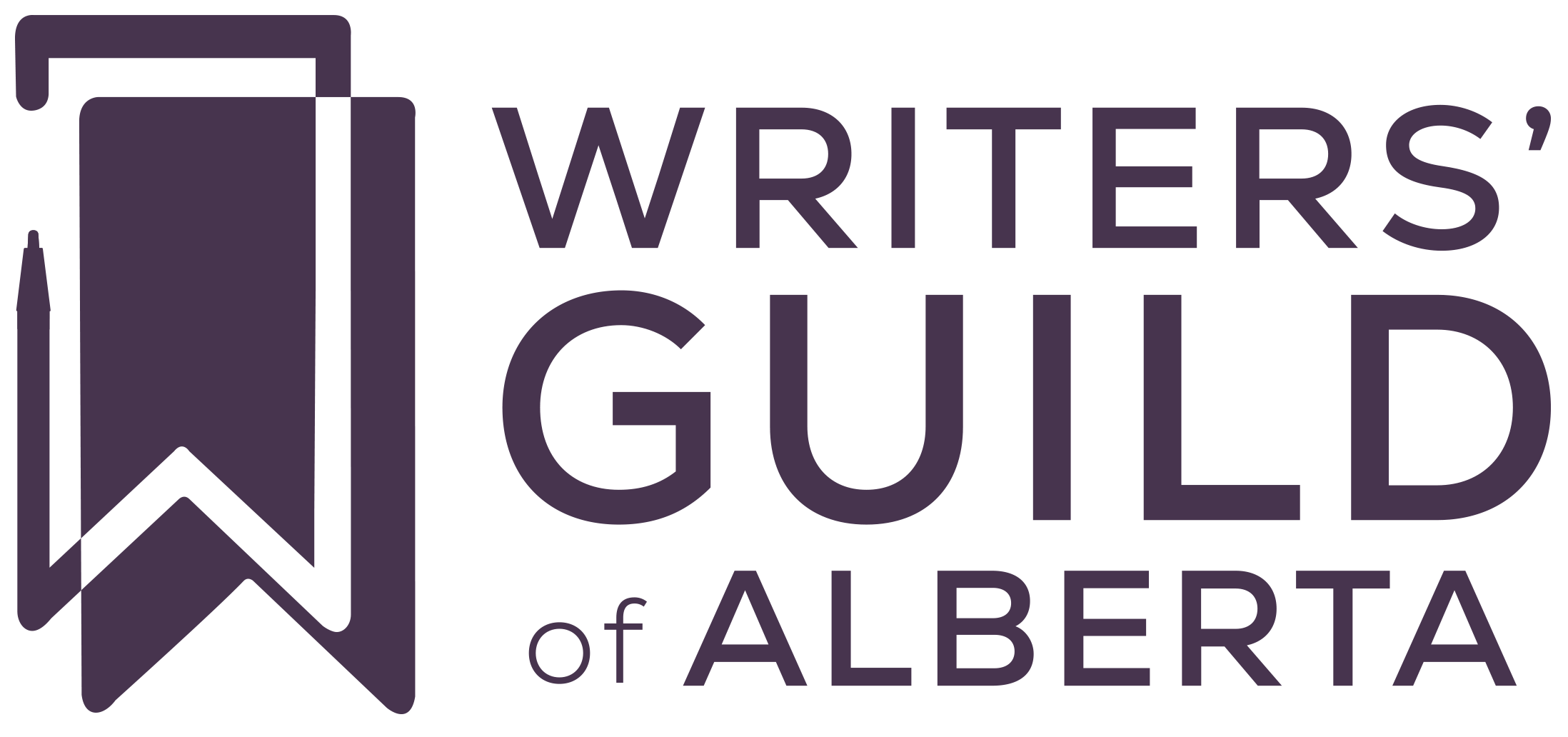Blaine Newton is an accomplished Canadian playwright, sketch writer, improviser, as well as, to use his own words, a “sometime engineer”; having received his BSc in civil engineering from the University of Manitoba in 1981. As a member of the Playwrights’ Guild of Canada, past president of both the Writers’ Guild of Alberta and Alberta Playwrights’ Network, and his time as lead writer in Red Deer’s Bull Skit, his work, such as “Bravo”, “The Five Stages of Death”, “Oral Fixations”, and other productions, are known by “well under a million people”. Presently Newton performs with Edmonton’s Rapid Fire Theatre and Red Deer’s Improv Jelly.
In learning more about Mr. Newton, I became fascinated by his comedic instinct, and theatrical style. Having performed in multiple settings and having a boisterous, and at times abnormally obnoxious, sense of humour, I decided to explore the mentality behind his methods and perspective; perhaps in an effort to understand why I myself am the way I am. His responses to my questions were not disappointing.
Looking at reviews of some of his works I realized that Mr. Newton had more of a comedic view of darker events, such as war and death. Upon questioning him about it, he replied by paraphrasing a quote, which says… “Comedy doesn’t make the world absurd, it just reminds us it’s absurd.” He suggested that “the comedy was there all along and [he]just [points] it out” comparable to the first law of thermodynamics, “comedy is a constant that can be neither created nor destroyed….” He conceptualized that comedy is perhaps, “part of the “fight or flight” mechanism of the brain (“As long as I’m going to die, I might as well go for the laugh.”).” That it, “exists in the collective mind of the audience, not in the teller.” Therefore the teller can merely “shine a little light into the shadow”, relieving the teller from responsibility of the audiences’ reaction.
I was especially curious to know how such juxtaposed careers could interact, how his work as an engineer influenced his writing, and vice versa. He said, “… A good engineer should never arrive with a solution in hand, but should view an issue from multiple perspectives before developing a solution. Just like a writer.” Through feedback from feedback from another playwright he was once asked, “Is that the right choice, or the easy choice?” and he has applied that into his writing and engineering, seeking to fulfill his responsibility to the public as an engineer, and to his audience as a playwright. One biggest difference in problem solving, he noted, between problem solving as an engineer and as a playwright “is that while engineers solve other people’s problems, we writers create the very problems, the very conflicts, that we then task ourselves to overcome. …”
Concluding my interview with Mr. Newton I asked him how his work as a playwright, someone who creates their own reality on stage, has affected his personal interactions with others, to which he responded, “Personal interactions? I became a writer to avoid other people.” For Mr. Newton, his writing is a type of therapy; “…a working out of issues I won’t admit I have.” It allows the writer to “create a detached perspective … [which is] necessary in order to view all sides and present the truth as truth and not merely dogma.” Has writing made him a better person? To quote one of his closest people in life he said, “Hell, no.” It has allowed him to laugh more, especially at the comedy of others, while “[allowing himself] to see [his] own failings by projecting them onto others.” He expounded on this thought by saying, “I’m often asked whether any of my characters are images of me. The answer is yes, but only their faults. Because that’s where the comedy is.”
Comedy exists in the eye of the beholder, and the ideal comedian is merely an engineer who designs the situation wherein humour can successfully be recognized universally. My interview with Mr. Newton helped me realize that the world is the ultimate comedian; painfully ironic, with the perfect setup, and exquisite timing. One may now ask themselves how they will choose to interpreted the stage of the world, whether to see the comedy in the tragedy that is life, or to leave go through it dry not perceiving the joy in the pain?
Click here to see all the member interviews.
